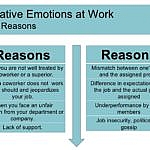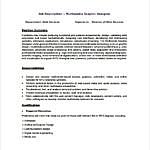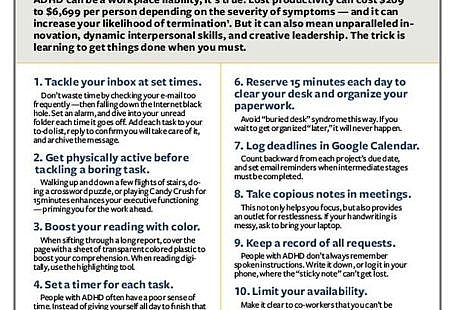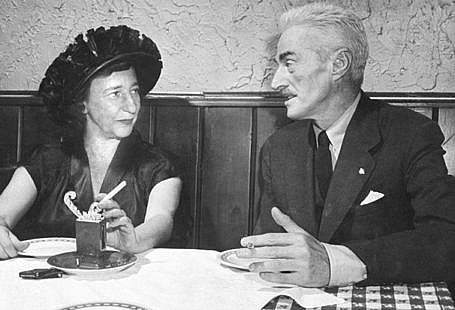These tips on talking to teens about birth control aren’t just for counselors – they’ll help parents, youth workers, and anyone who lives or works with youth and doesn’t like to talk to have the Sex Talk!
Key thought: Knowing how to talk to teenagers about birth control gets easier with practice – it’s not just one conversation.
Talking to Teens About Birth Control
I found a long (very long), smart (complicated) paper that offers 12 excellent recommendations for a “contraceptive counseling protocol.” The target audience is contraceptive counselors, but the tips are useful for anyone who wants to know how to talk to teenagers about birth control. Here, I summarize the 12 principles for talking to teens about birth control in plain, simple language. The full citation for this paper on contraceptive counseling is at the end of this post; it was recently published in the Journal of Adolescent Health.
1. Know your stuff. Three key attributes of effective counselors are expertise, trustworthiness, and accessibility. In other words, you need to know what you’re talking about when you discuss birth control with teens, so learn as much as you can about birth control before the Big Talk. If you can’t answer questions about birth control, do the research together.
2. Discuss confidentiality. If you’re a youth worker or counselor, you need to consider the role of the teen’s parents in decision-making about birth control. How you talk to a teenager about birth control may depend on your organization’s policies, the teen’s situation, and your relationship with him or her. Ideally, parents are involved in the birth control decisions their teenager makes. If you’re a parent, you need to decide if your partner should be included in the Big Talk.
3. Encourage the teenager actively participate in the conversation. Part of talking to teens about birth control is including them in the conversation! Don’t lecture them, don’t make them sit passively while you read the birth control brochure out loud. The title of this post is “how to TALK TO teenagers about birth control” – which means it’s a back-and-forth exchange.
4. Discuss the four facets of contraception, such as method choice, correct use, consistent use, and method switching. The more information about birth control you talk about with your teenager, the lower the risk of an unintended pregnancy. Theoretically.
5. Prioritize the most effective methods of birth control. This tip on how to talk to teenagers about birth control addresses the “information overload” adolescents face when considering contraception. Information overload leads to poor choices. So, consider simplifying the Big Talk by starting with the most effective methods of birth control (intrauterine devices, implants, and the Depo-Provera birth control shot). Then, move on to other forms of contraception. It’s important to give teenagers the chance to talk about their preferred method of contraception (birth control pills? Condoms?).
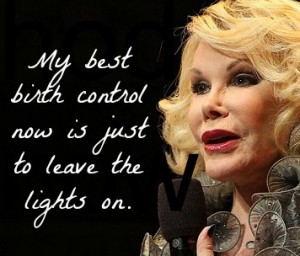 6. Discuss the teenager’s lifestyle. Birth control pills may be more suitable for some teenagers, and the Depo-Provera birth control shot may be better for others. Part of talking to a teen about contraception is discussing the teens’ “social norms, emotional reactions, stigma and image considerations, feelings of efficacy, and a wider range of perceived advantages and disadvantages as well as broader factors related to sexual health and partner/romantic relationships.”
6. Discuss the teenager’s lifestyle. Birth control pills may be more suitable for some teenagers, and the Depo-Provera birth control shot may be better for others. Part of talking to a teen about contraception is discussing the teens’ “social norms, emotional reactions, stigma and image considerations, feelings of efficacy, and a wider range of perceived advantages and disadvantages as well as broader factors related to sexual health and partner/romantic relationships.”
7. Recommend two types of birth control. Teenagers are at risk of contracting sexually transmitted infections, so it might be helpful to suggest both condoms and a more effective contraceptive method. Here’s a related tip on how to talk to teenagers about birth control: discuss the ironies of birth control and sex, such as the fact that the birth control methods that are most effective at preventing pregnancy are least effective in preventing STIs and HIV infection.
8. Discuss the importance of consistency. Some teenagers think they can get away with skipping a birth control pill “just once”, or not using a condom during certain times of the month. During the Big Talk, highlight the importance of being consistent with the birth control method.
9. Talk about the side effects of birth control. Remember the first tip on how to talk to teenagers about birth control? Learn as much as you can about contraception – including the minor, major, long-term, and short-term side effects.
10. Be open about switching birth control methods. If the side effects turn out to be more difficult to live with than anticipated, teenagers may want to try different types of birth control. Talk about safe, effective ways to switch birth control, as well as back-up plans for gaps in protection.
11. Use “quick start” methods of birth control. Traditionally, birth control pills, injections, and implants were delayed until the next menstrual period. Research generally shows that quick start methods of birth control are effective, so the teen can start birth control immediately.
12. Talk to the teen after the birth control has been implemented. Ask how things are going, and encourage the teenager to talk to you about any questions or concerns.
What do you think – do you agree or disagree with any of these tips on how to talk to teenagers about birth control?
Original article source: Jaccard, J., & Levitz, N. (2013). Counseling Adolescents About Contraception: Towards the Development of an Evidence-Based Protocol for Contraceptive Counselors. Journal of Adolescent Health, 52(4), S6-S13.
